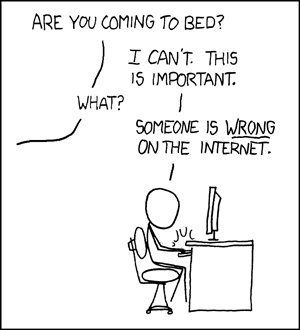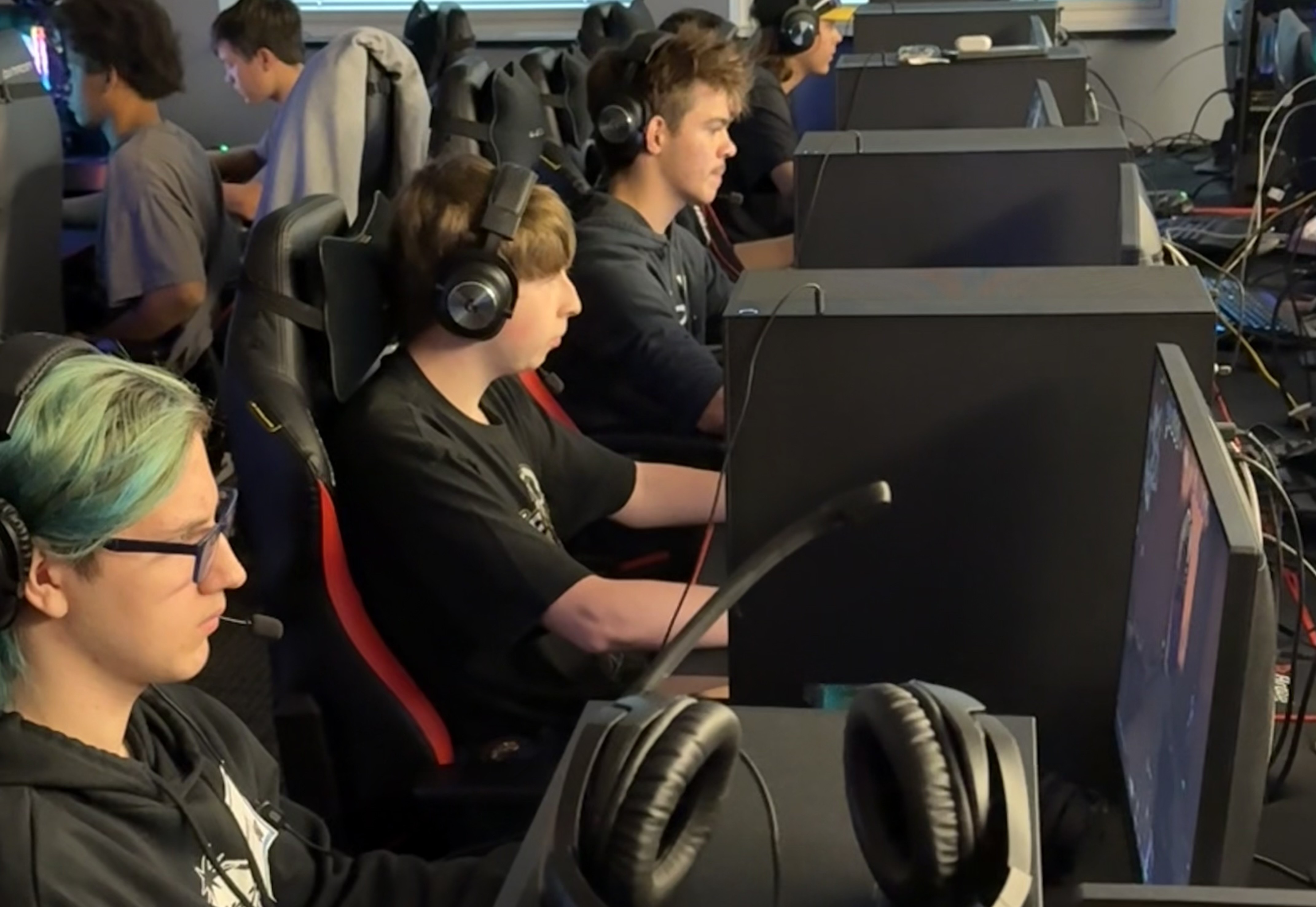Sometimes I’m Not Very Bright

Depending on who you ask “Sometimes” is a very loaded word.
As someone who has been pretty vocal about the limitations of Twitter, I should know better.

I’ve railed against the use of pithy tweets and so only moments after I send this baby out did I realize that:
- I was guilty of breaking my own rule.
- I had started a small fire storm.
Immediately the retweets and likes started flooding in. I hopped on a plane and landed to see the error of my ways. This tweet, in particular, reminded me of what I had done.
They’re right. It was a rather insulting tone and that was the moment of regret. I wanted to start a conversation but the awkward tone, lack of nuance, and labelling teachers with such a volatile topic polarized the tweet rather than give an opportunity for civil discourse. I considered deleting the tweet but felt I needed to own my mistake and do what I should have done in the first place: write a blog post which could add nuance and context and invite a civil conversation. Some of the replies got pretty nasty and while my instinct is to fight back, I decided to back off and try and resolve things here.
So with that confession out of the way, let me better state my belief about assessment, deadlines and grades.
The idea of redoing work and penalizing late work has long been studied and explained brilliantly through the work of Ken O’Connor and Rick Wormeli. If these are new names for you, I suggest you explore their ideas. In essence, my statement about redo’s being more work for teachers is true. I think there are teachers who don’t allow students to redo work because it’s more work for them. While it’s understandable in some cases, I don’t believe it should carry much weight in your decision to allow redos. My second statement is more complex in that it points to what I believe is a dividing line of teacher beliefs. It starts with what you believe about education and what you teach. In every course, I teach the first thing I say to my students is that it’s not my course or class, it’s theirs. They are welcome to do as much or little as they please. My job is to facilitate learning and by making it relevant and by supporting their efforts in whatever way I can. The fact that deadlines exist is to create what I feel is the best experience. That said, since it is there education, they can choose to ignore them. In rare occasions, I’ve had students do nothing for the entire course and then submit work at the last possible moment. That doesn’t bother me. In these cases, the work is not usually the greatest and reflects a lack of interest and effort but that’s the student’s choice. Along the way, I ask questions and remind them of my role and availability. But in the end, they own the learning, not me.
Tools and ideas to transform education. Sign up below.
I think part of the issue here is that teachers take these things personally. They also feel an obligation to “teach them about the real world”. I’m not so interested in that lesson as I am about the learning. To me, the “real world” does offer second chances in some cases so a blanket statement that suggests you’ll get fired if you submit things late is debatable and to me, not the point of the course unless you’re teaching a course in time management.
I recognize this is a hot-button issue and I have an opinion that is shared by many but not all. I’m also sympathetic to teacher load and but also believe our first priority is to evoke learning. My tweet in retrospect did not offer a chance for the right conversation. I shouldn’t have sent it. That said, if you’re interested in discussing this topic with civility and respect, I’d love to hear your thoughts. I don’t mind disagreement, in fact I welcome it. But as I’ve said before, Twitter is a lousy space for it. I apologize for offending anyone, that wasn’t my intent. I screwed up.
cross-posted at ideasandthoughts.org
Dean Shareski is the Community Manager of the Canadian DEN (Discovery Educators Network) and lecturer for the University of Regina. With 24 years of experience as a K12 educator and consultant, he specializes in the use of technology in the classroom. Read more at ideasandthoughts.org.
Disclaimer: This weblog contains the opinions and ideas of Dean Shareski. While there may be references to my work and content which relates directly to my work, the ideas are mine alone and are not necessarily shared by my employer.
